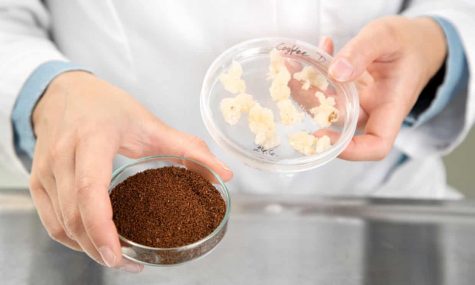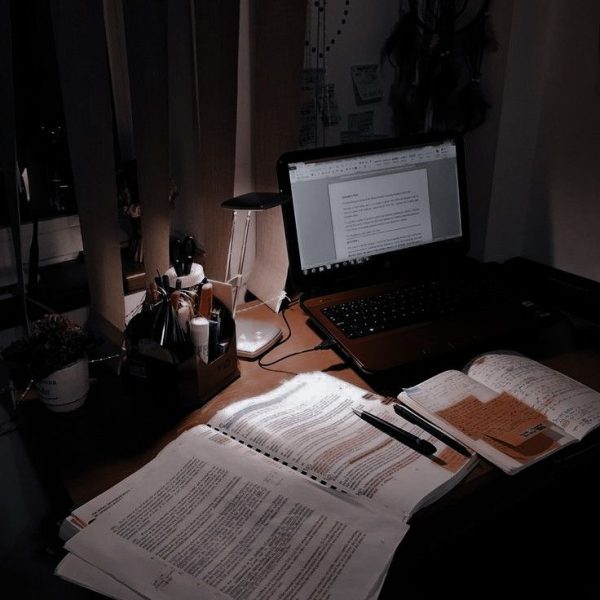The new eco-friendly lab-grown coffee and the effect it has on the planet

November 19, 2021
What is lab-grown coffee?
Coffee is an essential component of our days and every year more than “600 billion cups” are consumed around the world. Now scientists are working to ensure that there is never a shortage of coffee. The new eco-friendly lab-grown coffee is created by using science to make beanless brews that smell and have a coffee taste. Researchers at VTT Technical Research Centre of Finland make lab-grown coffee by the same technique used to make lab-grown meat. Plus the process to make lab-grown coffee will be easier because they will be using plant cells which require fewer nutrients.

Why do we need lab-grown coffee?
There are multiple benefits to why we need lab-grown coffee. The biggest benefit lab-grown coffee has is the effect it plays on the planet. As climate change is getting to be more severe lab-grown coffee could be the solution to help reduce the effect of climate change. Climate change also threatens coffee industries around the world. Dr. Aaron Davis said, “increasing temperatures but also more erratic rainfall and increased drought.” According to scientists, lab-grown coffee does not require pesticides or fertilizers and it also minimalizes greenhouse gas emissions. Rischer said, “You can cut on transport requirements because you can locally produce.” How we usually make coffee requires farming that involves planting, processing, and exporting the beans. When it comes to lab-grown coffee VTT Research team leader Heiko Rischer says, “we skip the farming part, and we use plant cell cultures instead.” This process is easier and more effective for the plant.
Is lab-grown coffee beneficial to the planet?
Lab-grown coffee is beneficial to the planet. Under the shade of trees of other plants was where coffee was originally grown. But the demand for coffee increased over time so the production has transformed from shade to sun-grown coffee. Sun-grown coffee requires the clearing of forests so the coffee industry has been contributing to deforestation. In Columbia, Mexico, Central America, and the Caribbean, more than “40% of the coffee land has been converted to sun-grown coffee. An additional 25% is now being converted.” This year there have now been more than “20 million acres of forest” that have been burned or cut down around the world. Coffee production also uses a lot of water, to make a single cup of coffee “140 liters of water” is required. All of these ways to make coffee is destroying the planet. With lab-grown coffee, it doesn’t involve any of these processes. That’s why it can be more beneficial to the planet.
The catch with lab-grown coffee?
The beanless brews of lab-grown coffee could cut deforestation and greenhouse gas emissions by a huge percent but it does play an effect on the workers in traditional coffee growing regions. Another catch with lab-grown coffee is if people actually drink it and choose to replace their traditional coffee with it.
Would people drink it?

Most people prefer the traditional coffee that they have every day. According to a 2019 survey by Dalhousie University it stated that 72% of Canadians wouldn’t want to drink lab-grown coffee. Heiko Rischer was the first to taste one of the first batches produced in the world. Rischer said, “To describe it is difficult but, for me, it was in between a coffee and a black tea.” Although Rischer couldn’t swallow it he swished it around his mouth and then spit it out. Rischer predicts that the company that developed the coffee “VTT Technical Research Centre of Finland”, could be approved in about 4 years by Europe and the United States. This paves the way for lab-grown coffee with a low climate impact than traditional coffee.



















